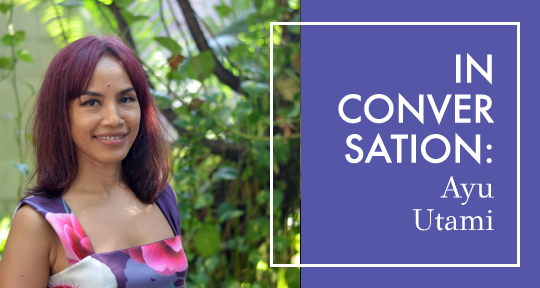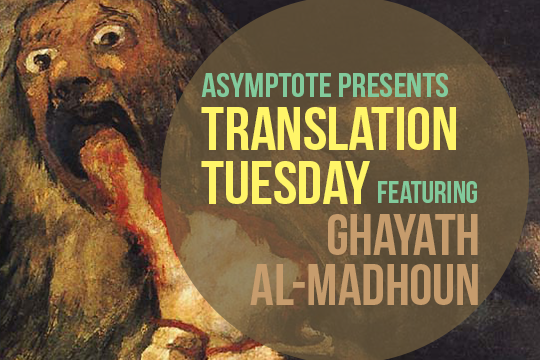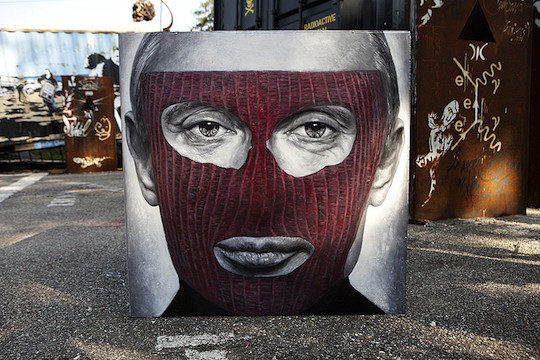Asymptote‘s Weekly Roundup is back for 2020 and this week our editors bring you news of theater adaptations and book fairs in Hong Kong, the continued struggle against freedom of expression in Morocco, and a novel examining Chile’s political activism amidst ongoing protests. Read on to find out more!
Jacqueline Leung, Editor-at-Large, reporting from Hong Kong
Hong Kong is stepping into the New Year with a theatrical performance based on a short story by the late Yesi, or Leung Ping-kwan (1949–2013), on January 11 and 12. Yesi was one of Hong Kong’s most renowned writers and essayists; as a literary translator, he brought works from Latin America—notably the poetry of Pablo Neruda—and Eastern Europe into the Chinese language, and was known for translating his own works into English.
“The Banquet at elBulli” hails from Yesi’s short story anthology Postcolonial Affairs of Food and the Heart (2012), featuring an intersecting cast of characters pondering on commonplace matters of love and food. Conceived as a semi-staged Cantonese cantata, The Banquet at elBulli is presented by Hong Kong Voices, the city’s resident chamber choir, in collaboration with theater practitioner Clement Lee and composer Daniel Lo. elBulli is named after El Bulli, a Michelin 3-star molecular gastronomy once run by chefs Ferran Adrià and Albert Adrià. Through the metamorphosis of molecular gastronomy, the characters reflect on life’s flavors and the essence of art. READ MORE…








